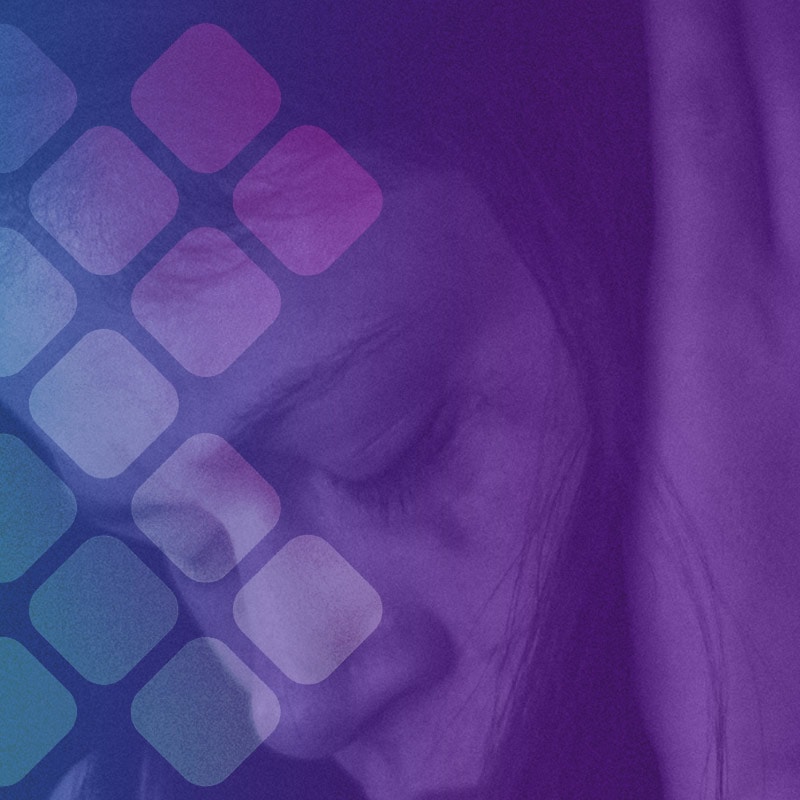UNDERSTANDING DEPRESSION & MOOD DISORDERS
Depression is a collection of unpleasant emotional and physical symptoms that can be disabling. The underlying issues that contribute to depression are different in each patient and must be identified to effectively treat the disorder. Potential contributors include: sleep disorders, toxic chemical exposure, poor digestion, food allergies/ sensitivities, nutritional deficiencies, immune reactions, hormone levels, oxidative stress, inflammation, and the psychological state of the patient. Mood-altering drugs are being dispensed at record levels. Unfortunately, antidepressants do not work for everyone and many have frequent, unwanted side effects.
Integrative psychiatry is a method that treats both the mind and body. Treatment begins with an analysis of the patient’s biochemical profile, focusing on any abnormalities that may be contributing to symptoms. Test results can help medical practitioners create a treatment plan designed to restore balance and optimize function through nutritional support and diet. This integrative approach can enhance and reinforce traditional treatment methods, increasing the chance of recovery.
Priority Tests
- GPL-TOX
- Glyphosate
- Organic Acids Test
- Metals Hair Test
- Copper + Zinc Profile
- IgG Food MAP
- Comprehensive Stool Analysis
- Comprehensive Fatty Acids Test
- Amino Acids Urine Test
- Vitamin D Test
Recommended Tests
REFERENCES
- Berk M, et al. N-Acetyl Cysteine for Depressive Symptoms in Bipolar Disorder A Double-Blind Randomized Placebo-Controlled Trial. Biol Psychiatry. 2008 Jun 4.
- Douglas London, MD, Research Associate in Psychiatry at the Psychopharmacological Research Laboratory of McLean Hospital and medical faculty at Harvard Medical School; Barclay, L. (2007, October). Fighting depression and improving cognition with omega-3 fatty acids. Retrieved fromhttp://www.lef.org/magazine/mag2007/oct2007_report_depression_01.htm
- Freeman, MP, J Clin Psychiatry, 2009;70(suppl 5):7-11.
- Lesperance, F et al., J Clin Psychiatry, 2010.
- Partonen, T, et al. (1999). Association of low serum total cholesterol with major depression and suicide. British Journal of Psychiatry, 175, 259-262.




